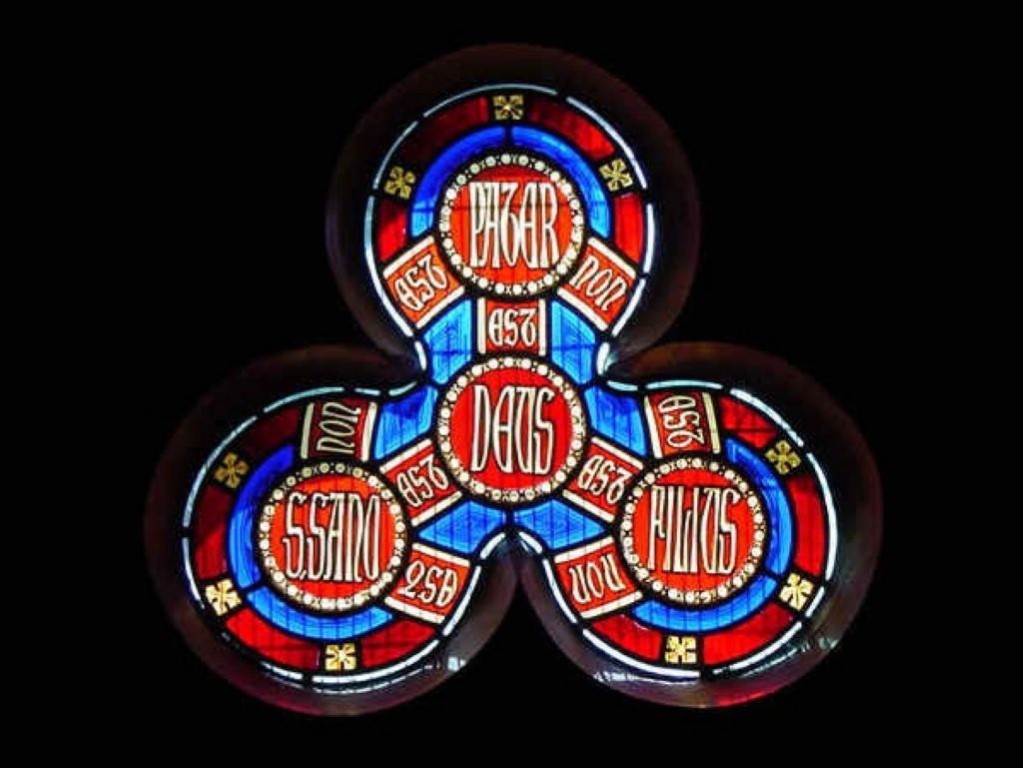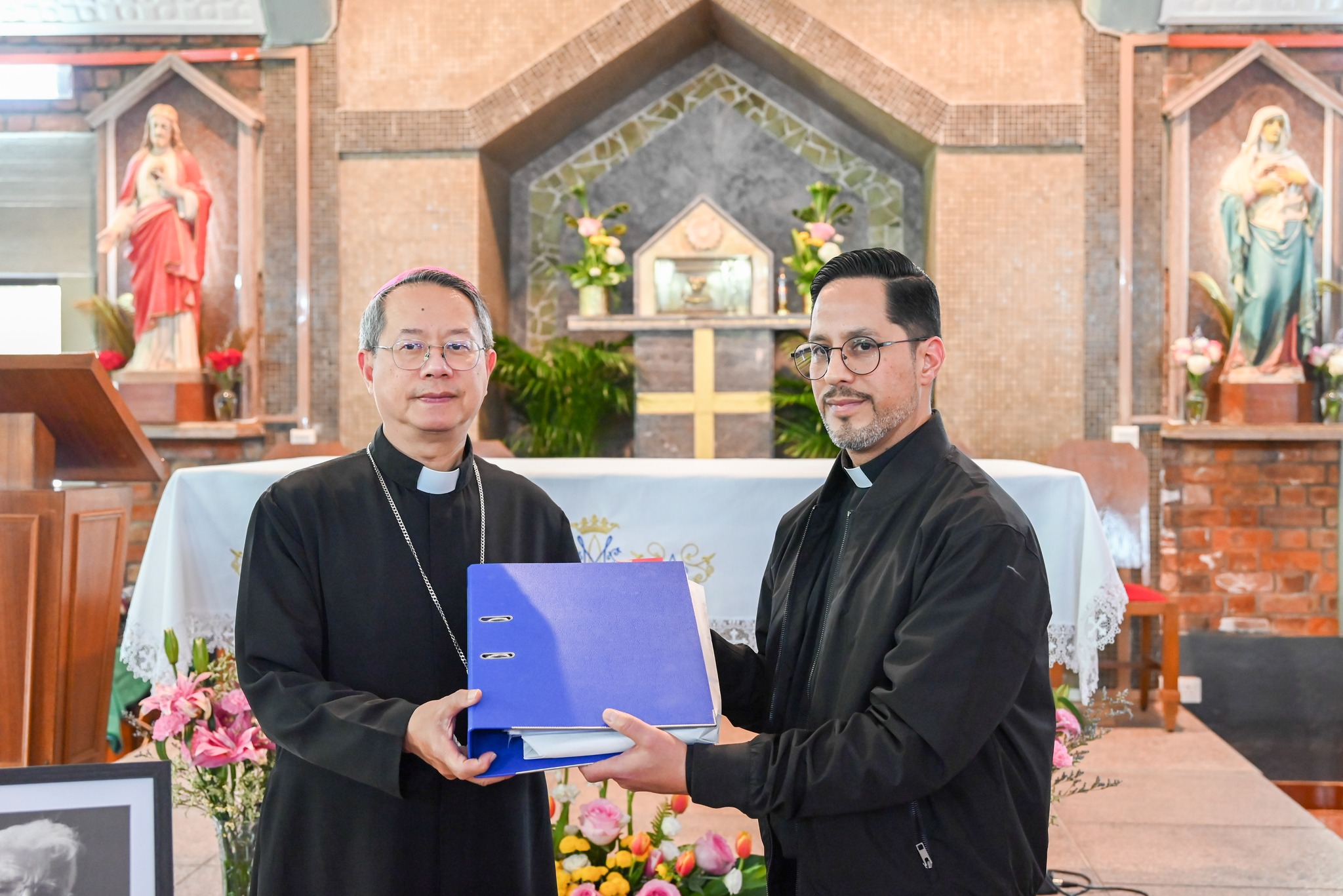– Rev José Mario O Mandía
God revealed Himself to creatures with intelligence. This is why He expects us to use our intellect to understand the things that He has told us about Himself, including the mystery of the Blessed Trinity. Philosophy provides us with an instrument which permits an intellectual exploration of our faith.
The most basic use of philosophy is in explaining the notions and defining the terms that we use in theology. When God revealed Himself to man, He made use of human language; He did not introduce notions and terminology that were completely alien to us. This is why we can speak about God in an analogical way (cf BST 36).
The Catechism of the Catholic Church teaches the following:
“In order to articulate the dogma of the Trinity, the Church had to develop her own terminology with the help of certain notions of philosophical origin: ‘substance,’ ‘person’ or ‘hypostasis,’ ‘relation’ and so on. In doing this, she did not submit the faith to human wisdom, but gave a new and unprecedented meaning to these terms, which from then on would be used to signify an ineffable mystery, ‘infinitely beyond all that we can humanly understand’ [Paul VI, Solemn Profession of Faith: Credo of the People of God, no 2.] (CCC 251)
“The Church uses (I) the term ‘substance’ (rendered also at times by ‘essence’ or ‘nature’) to designate the divine being in its unity, (II) the term ‘person’ or ‘hypostasis’ to designate the Father, Son and Holy Spirit in the real distinction among them, and (III) the term ‘relation’ to designate the fact that their distinction lies in the relationship of each to the others.” (CCC 252)
In order to understand how there can be no contradiction in one God and three Persons, we need to know the difference between the meaning of “substance” (or “nature” or “essence”) and that of “person” or “hypostasis.” One of the most simple explanations tells us that “substance” (or “nature” or “essence”) answers the question “What is it?” On the other hand, “person” or “hypostasis” answers the question “Who is it?” For instance, if we are talking about a human being, we can ask “What is it?” “It’s a man.” If we ask, “Who is it?” we answer “It’s Peter.” In the case of God, if we ask, “What is it?” “It’s God.” “Who is it?” “It’s the Father” (or the Son, or the Holy Spirit).
A new notion is also introduced by Jesus Christ: that of procession. Jesus declared, “I proceeded and came forth from God” (John 8:42). He further affirmed that “the Spirit of truth … proceeds from the Father” (John 15:26) and from the Son: “I will send him to you” (John 16:7).
From these declarations of Jesus himself, Saint Thomas Aquinas offered a philosophical explanation of the processions in God.
“There are two processions in God; the procession of the Word, and another. In evidence whereof we must observe that procession exists in God, only according to an action which does not tend to anything external, but remains in the agent itself. Such an action in an intellectual nature is that of the intellect, and of the will. The procession of the Word is by way of an intelligible operation. The operation of the will within ourselves involves also another procession, that of love, whereby the object loved is in the lover; as, by the conception of the word, the object spoken of or understood is in the intelligent agent. Hence, besides the procession of the Word in God, there exists in Him another procession called the procession of love” (S Th I q 27, a 3).


 Follow
Follow


